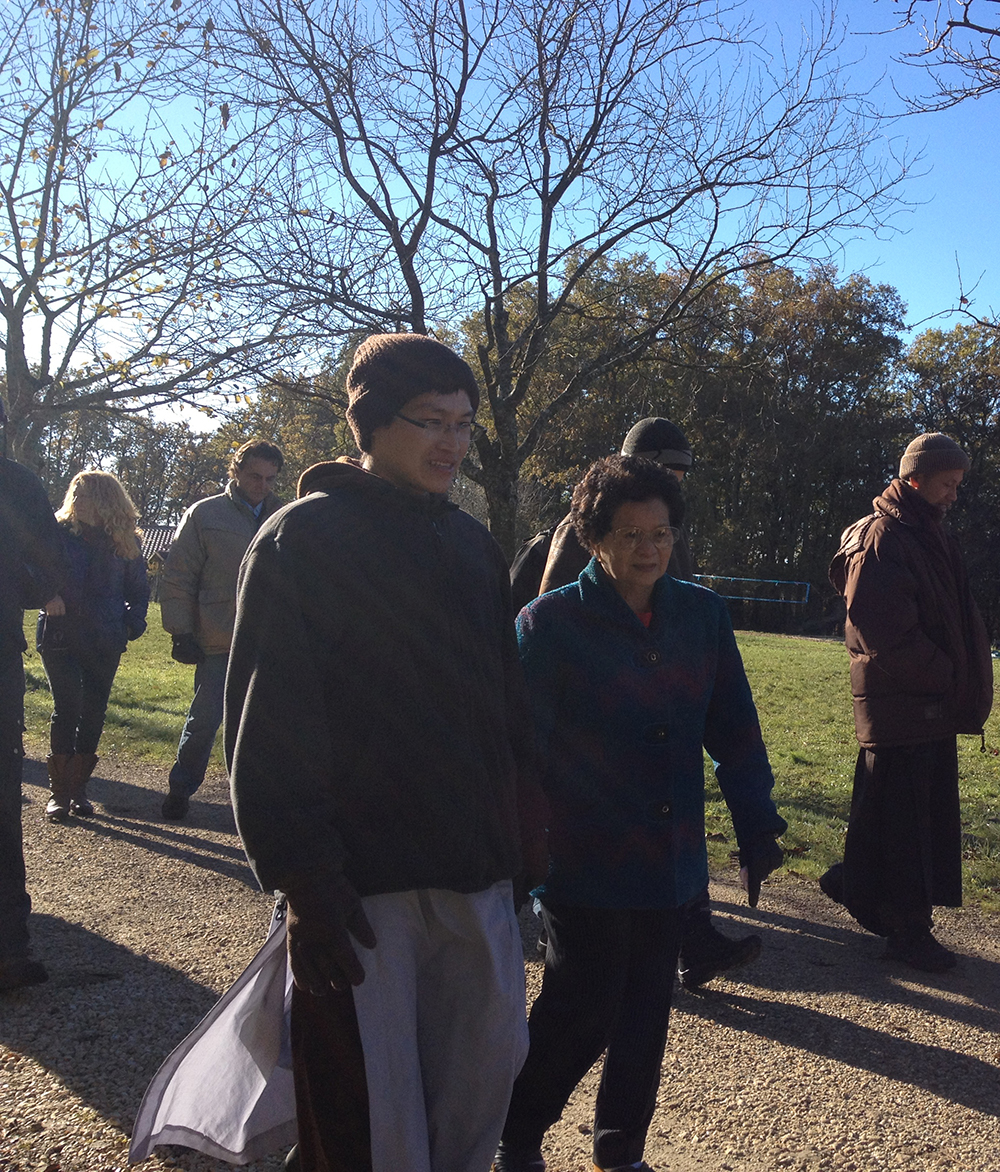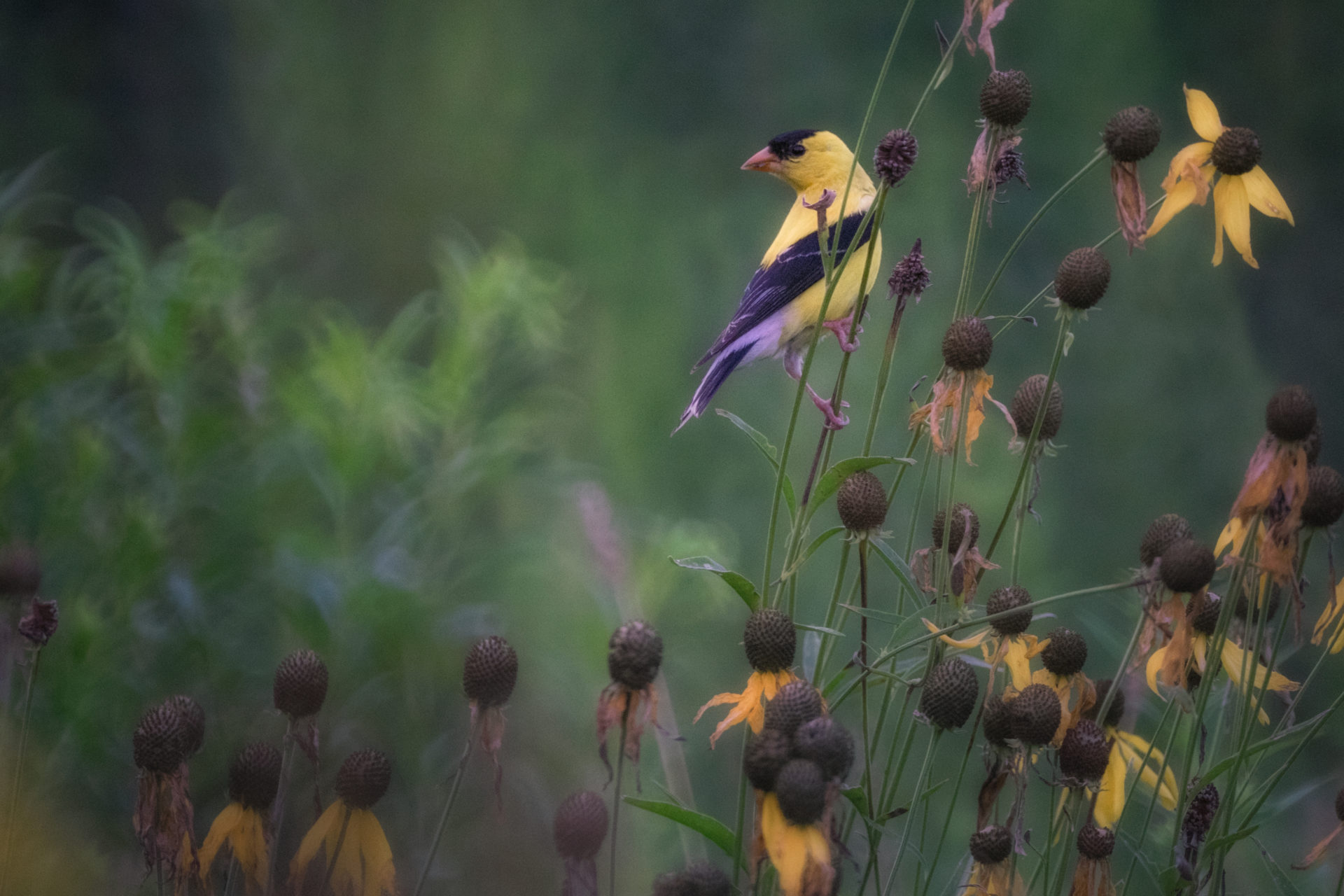By Brother Troi Nguyen Luc
I was born a “Buddhist” like most people in Thailand, but was not interested in and did not understand the essence of Buddhism until later in life. As a young boy in Thailand and as a teenager in Australia, I had a volatile relationship with my family, especially with my mum. I am the youngest of six children. I was very stubborn and angry with everyone in the family whenever I felt they forced things on me and when my opinion was neither listened to nor taken seriously.
By Brother Troi Nguyen Luc
I was born a “Buddhist” like most people in Thailand, but was not interested in and did not understand the essence of Buddhism until later in life. As a young boy in Thailand and as a teenager in Australia, I had a volatile relationship with my family, especially with my mum. I am the youngest of six children. I was very stubborn and angry with everyone in the family whenever I felt they forced things on me and when my opinion was neither listened to nor taken seriously. Sometimes when we had conflicts, we would not talk to each other for months or even years. This brought me and my family a lot of suffering. I wanted to change the situation badly and so took refuge in Buddhism.
UPS AND DOWNS
While studying in university, I had a chance to volunteer for a number of charities to help those in need. This experience of being able to do something useful to help improve people’s lives touched me so deeply that I made it my main purpose in life. A year and a half later, I worked full time for a non-profit environmental organization campaigning on local and global ecological issues, concerning not only protecting the environment but also bearing witness to injustice. I was very passionate about the work and had a lot of compassion for the victims but not for the polluters. Instead, I developed a lot of anger towards them and had a very pessimistic view of the world. At that time, I thought anger was a necessary fuel for my work to fight injustice. I did not know how to handle anger and other work-related stress, which adversely affected my health and eventually caused me to burn out.
I felt ashamed that while working to protect the environment and help many people, I was not able to help myself or even have a good relationship with those closest to me, my own family. I wanted to set my priorities right, so I quit my job and became a Theravada monk for five months. I studied and practiced the Dharma in an attempt to “fix” myself. After the monkhood, my relationship with family improved a lot, but before long it became unstable again. I continued higher studies and later worked for another nonprofit organization. Throughout this time, my relationship with family was a roller coaster ride—a series of ups and downs. I was also not satisfied with work and my personal life. Even though I tried to practice the Dharma by myself, it did not bear much fruit as my practice was not solid enough and I did not have a Sangha to support me.
ASPIRATION TO TRANSFORM
I had a chance to learn about Thay and the Plum Village Sangha for the first time when they visited Thailand in 2010. Thay’s teachings and the collective energy of the Sangha touched me so deeply that I started attending Thai Plum Village activities regularly from then on. I was especially moved to learn of Thay’s life as an activist monk who embodies peace and integrates spiritual practice into his work to help others. His many wonderful qualities—peace, joy, freshness, freedom, gentleness, solidity, modesty, courage, kindness, compassion, deep insight, intelligence, etc.—inspired me so much that I considered him my idol, someone whose footsteps I aspired to follow. Thay and Plum Village were a good fit with my aspiration to transform my suffering and bring true happiness to myself, my family, and society. After some time of contemplation, I requested the Sangha to ordain me as a monk.
This decision deeply upset my family, especially my parents, because they expected that I would choose a more conventional path, as my other siblings have. About a year after arriving at Plum Village, I was eventually ordained, and my parents attended the ordination ceremony despite their disagreement with my decision. Thanks to the support of the Sangha, my parents have now fully accepted my decision to be a monk. My relationship with them has never been better. My mum even joked that she would allow my eighty-year-old father to ordain if he wanted to! After their return to Thailand, my sister told me how much my mum has been transformed. She has become a lot calmer and happier than before. This news brought me a lot of joy and happiness, especially since her transformation happened without me even disclosing the practices of Plum Village.
I used to buy Dharma books and CDs for my parents, hoping that they would be interested in Buddhism and start to practice. Not only were they not interested, but also they said, “Why do you waste money on this useless stuff? Why not spend your money on better things?” I realized then that it was because there was still a lot of anger in me. It served no purpose for me to impose the practice on them while I couldn’t even practice well myself. Having realized this, instead of telling them about the practice, I focused on my own practice of healing and transforming my suffering as well as watering the seeds of joy and happiness in myself. In doing so, I’m able to better understand their suffering, to accept and love them the way they are. If I am able to be joyful and happy when I’m around them and make them happy with my being, to me this is the best way of sharing the practice with them and bringing them happiness.
Reconciliation with my mum and family is by far my biggest happiness since becoming a monk, and I continue to practice in order to maintain the relationships for as long as possible. But as a former activist I’m not content with only this. The seed of wanting to act upon injustice and improve situations is still very strong in me—sometimes so strong that I tend to look outside more than inside of myself, which can often lead to more trouble. So, I’m learning to take care of my inner self more than I have in the past, while not being ignorant to what is going on outside, in society and in the world.
As an example, let’s say there is a boy about to drown in the river and yelling for help. A man happens to pass by, and out of compassion he jumps into the river to try to rescue the boy but forgets that he himself does not know how to swim. Both of them drown as a result. On the other hand, if he shouts to the boy to hang in there while he learns how to swim, then later comes back to help the boy, the boy will have already drowned by the time the man comes back to help. There are wiser approaches, like reaching out to the boy with a long stick or a rope, or yelling out for help.
INNER CAPACITY
Being able to recognize my limits is very important. It’s about developing and increasing inner capacity, while doing whatever I can to help others and improve situations within that capacity. Aside from physical sufferings like environmental problems, poverty, starvation, human rights violations, epidemics, wars, terrorism, etc., there are also mental sufferings like anger, hatred, jealousy, fear, anxiety, despair, sadness, greed, suspicion, etc., in every one of us. A happy and peaceful activist not only works much more effectively to uplift physical suffering, but also naturally brings peace and happiness to those he comes in contact with, thus helping to relieve their mental suffering. He can share the practice so that others can learn to take care of their mental well-being. He also works with wisdom, understanding, and compassion rather than anger. He offers compassion not just for the victims but also for the oppressors. Thay is clearly a living example of such spiritual activist whom I aspire to be.
Obviously I still have a long way to go in the practice, but I am grateful to see my relationship with family members improve, and this has strengthened my faith in the practice even more. It’s a small but significant step towards fulfilling my aspirations. My daily practice is not just for myself but also for my family, my ancestors, my descendants, and the whole of society. I am very grateful to Thay and the Sangha for providing the necessary conditions for my practice. I’d like to end this article with my favourite gatha, which reminds me every day of my aspirations.
GATHA BEFORE EATING
Beings all over the Earth
are struggling to live.
I aspire to practice deeply
so all may have enough to eat.

Brother Troi Nguyen Luc (Sky of Aspiration Strength) grew up in Thailand and Australia. He currently practices at the Thai Plum Village International Practice Center. He is a Thai novice monk in the five-year monastic program and was ordained by Thich Nhat Hanh in Plum Village in 2013.

